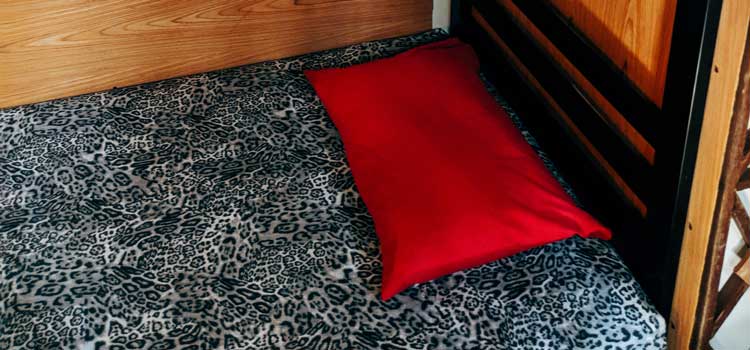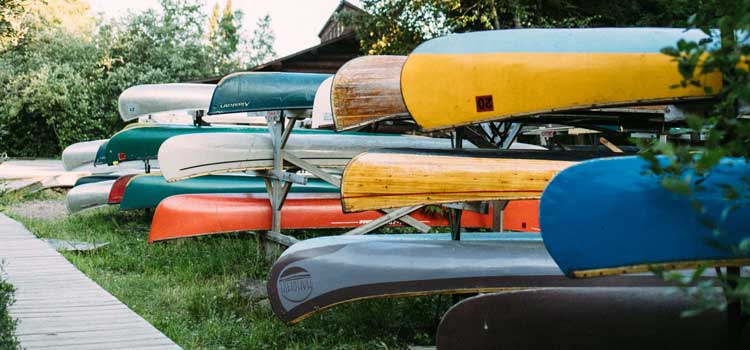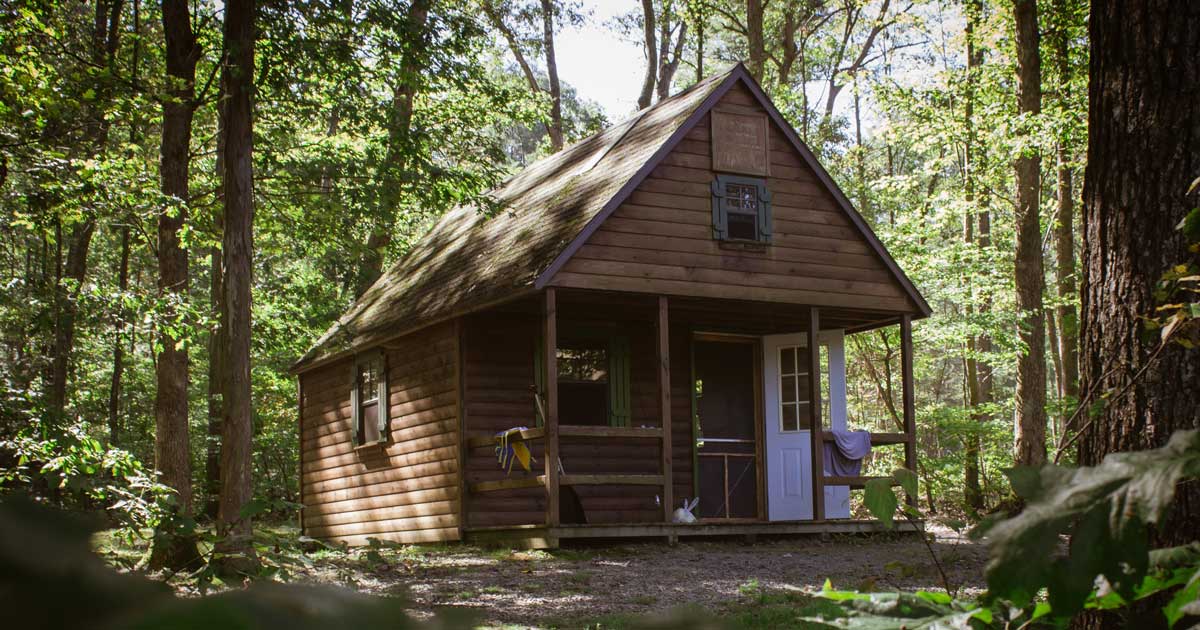Gazebo, our new platform for managing rentals and group events, is here!
Camp directors are leaders, innovators, and creative thinkers, which is why it’s no surprise that they’re finding creative ways to expand their income streams. This includes opening their camps for rentals and events in the off-season. For most of the camps who newly choose this approach, the learning is happening on the go. They are connecting with peers who have already been renting spaces in the off-season, and are using best practices from other industries. Many are starting right away, while others are preparing for rental offerings in Fall.
Based on our conversations with our client base, we’ve gathered anecdotes and applied our own expertise to help camps learn more about summer camp event management. Developing a group rental approach will take time, but as you get started, consider these best practices.
Group Event Tip#1: Start by covering the essential logistics

Before you start planning and advertising your group rentals, you should reach out to your local zoning board and make sure that your camp is zoned for these types of events. This step will help you understand your camp’s capacity as a rental property, and any regulatory requirements you’ll have to abide by.
Specific examples we’ve heard about from camps that are going down this road are:
- How many people your bathrooms can serve
- How many people can fit in your dining hall
- If your insurance covers these rentals and events, and
- If you need proof of liability insurance from renters.
Once you understand how many groups you can register at one time, we recommend that you actually reduce your availability to below that maximum number. Especially if this is your first time hosting groups or families, and despite your urgency, you don’t need to hit capacity in the first year. Realistically, there are going to be kinks to work out as you fine-tune your summer camp event management—it’s much easier to adapt to these unforeseen circumstances if you have smaller groups to support.
Especially if this is your first time hosting groups or families, and despite your urgency, you don’t need to hit capacity in the first year.
Group Event Tip #2: Create new workflows and staff assignments

Your experience as a camp director is one of the reasons why you can have success managing groups and rentals. That being said, we’ve heard from a number of camps that you can’t simply recreate every aspect of your typical logistical plan for a summer at camp. For example, at camp you might have a single meal time for everyone. With rentals, you’ll likely need to consider families with small children who have specific nap or meal schedules. This means you might need to offer a few different meal times, which will require new steps for cooking, serving, cleaning more than once a day.
Another example is how you clean lodging and bathrooms, and handle other hospitality tasks. The schedule you typically use in a summer to clean bunks might not fit with family rentals that rotate at different intervals or more frequently. Camp directors have told us that you need to be prepared for more frequent cleaning, laundering of linens, and replacement of things like toilet paper and paper towels. These tasks may require a new “department” among your staff so you can take on these responsibilities. Therefore, the number of rentals you offer should depend on your ability to sustain these new workflows and roles.
Group Event Tip #3: Offer a manageable variety of activities

Once you’re sure you can stick to local requirements and that you have appropriate staff, it’s time to start planning the activities you will offer. Many camps we’ve spoken with tell us they want to provide tons of options. We’ve advised them to use restraint – especially the first time they are hosting and planning for groups. We suggest setting a list of activities, along with the number of participants allowed for each, and letting renters sign up for which they would like to participate in. Camp directors have reported that they are getting requests from families asking for more options, but that it’s a slippery slope if you try to meet dozens of individual requests. We also recommend that you state clearly in your rental agreement that your staff are only responsible for the activities that are scheduled, and emphasize that beyond those times, renters are in charge of their own actions and supervision.
Also, recognize that you’re likely to have a wider range of ages with rentals. At camp there may only be a few years between the youngest and oldest campers. With family rentals, that gap could be from toddlers all the way to youth in their late teens. This is another reason why simply replicating typical camp activities won’t work. We suggest offering activities that people of many ages and abilities can do, and to be clear for any events that will be limited to specific age ranges. As you plan schedules, you can incorporate elements that make your camp special and memorable. You might not be able to incorporate every traditional camp activity, but passing on special songs, games, and stories to renters can increase the fun and good feelings.
Starting this year can help you host successful group events every summer
In the many conversations we’ve had with camp directors about starting the summer camp event management process, we all acknowledge that launching an event program is always a learning process. That’s why we recommend that as camps work to replace missing revenue, they also use this summer as the foundation for ongoing rental programs. If you have success this summer, it means you can implement group rentals and events for every summer to come. Camps have reported that if they are successful this year, they might update their facilities for colder weather to extend the seasons in which they can provide event spaces. Others have told us that they are starting with rentals just for families, but hope to plan for other types of events in the coming summers, such as retreats or weddings.
If you have specific questions about beginning to offer events or family rentals, we have experts on our team who would be happy to chat. We can also give you more information about our new group event management tool, Gazebo.
Whether you start to offer rentals right away or work this year to create a system for upcoming summers, this approach can do more than bring in extra income. By sharing your space and special qualities with a larger audience you can potentially reach new campers and develop an even stronger public reputation. Your camp brings joy to kids and staff every summer, so think about rentals as a way to bring those same feelings to even more people—while also helping with your bottom line.
